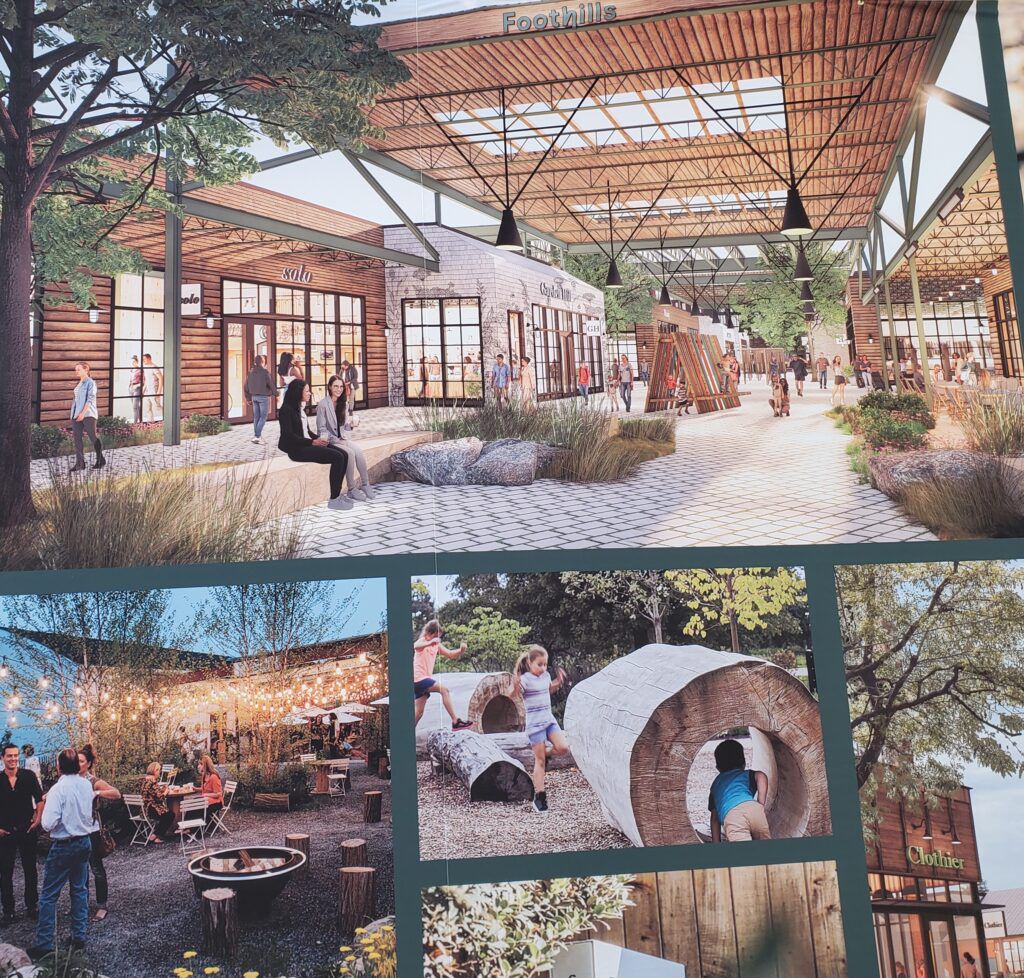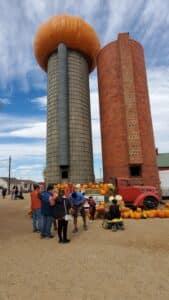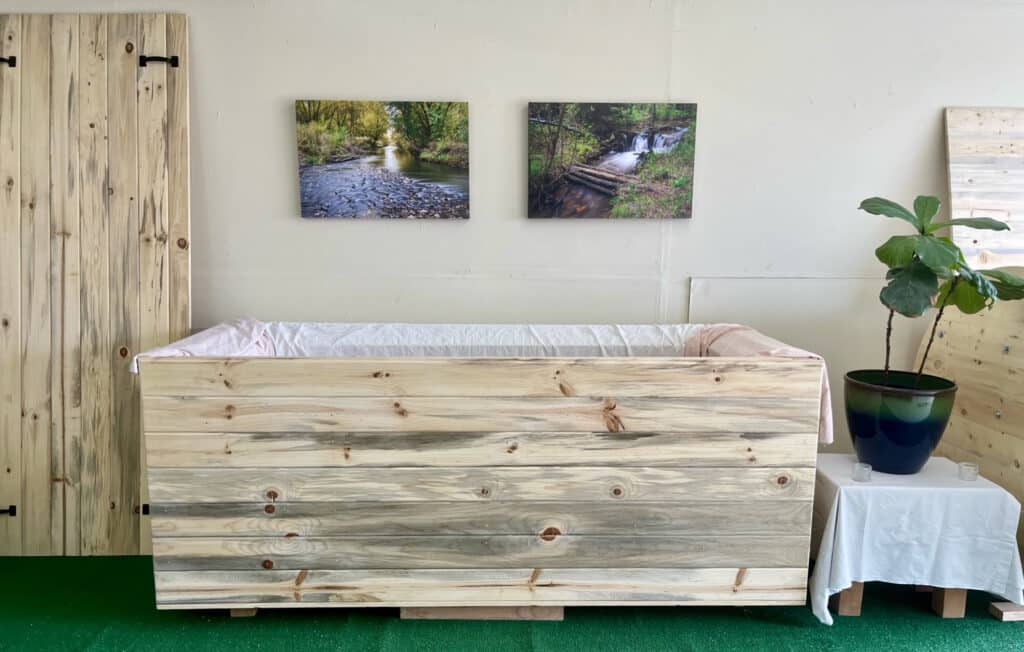Colorado Chautauqua to celebrate 125 years
BOULDER — Normally an adventurous place to stay, the Colorado Chautauqua will become the locale of another of the state’s popular festivals this summer when the historic landmark celebrates 125 years of being in operation.
“The 125th anniversary event combines the music of two landmark bands with a fun, community festival,” said Shelly Benford, chief executive officer of the Colorado Chautauqua Association, a nonprofit in Boulder that operates the Chautauqua. “It’s just another really special opportunity to portray what a community asset the Chautauqua has been for 125 years and will continue to be.”
The Chautauqua 125 Birthday Bash will feature 10 vendors, food trucks, a beer garden, lawn games, guided hikes and live music, as well as speakers, tours and historical exhibits. Held 2-8 p.m. July 8, the celebration will be at multiple venues on the Chautauqua grounds, including the Chautauqua Community House, the Chautauqua Auditorium and a number of gardens, attracting an expected turnout of about 2,000 people at the 26-acre Flatirons campus.
“Not only are these activities fun and family-friendly, but we also wanted to take this opportunity to celebrate local artists, vendors and food purveyors who are an important part of our community,” Benford said.
Music will be at an outdoor stage, headlined by Dead Floyd, a Grateful Dead and Pink Floyd tribute band. The Mile High Brass Band will play New Orleans-style music, Jeff and Paige local kids’ music superstars will perform, and Los Lobos + Ozomatli will present the final concert.
“There will be a lot of reasons for people to attend, a lot of things for people to do. That’s part of the attraction for us on this day,” said Jason Hill, chief operating officer of the Colorado Chautauqua Association. “It really is a historical celebration. … People can have fun, listen to music and have a drink and also wander around the exhibits and learn about our history. … It’s really important to honor our age-old values of lifelong learning, of the love of nature, of simplicity and of the oration arts.”
The event will kick off with ceremonial opening remarks from local Native American tribal leaders. Throughout the day, there will be serenades on the grounds by barbershop quartets. And there will be a tintype photo booth of the early days of the Chautauqua Movement and a snow-cone making hamster wheel for kids to crush the ice.
“We will be showcasing Chautauqua as the ‘living museum’ it is, featuring costumed characters from Chautauqua’s history and an exhibit of historic photos and artifacts, including a re-creation of an original Chautauqua tent,” Benford said. “We hope to bring Chautauqua’s history to life for families and friends who come out to share the festivities.”
The Colorado Chautauqua is one of 26 National Historic Landmarks in the state of Colorado (designated in 2006) and is one of the few remaining Chautauquas in the United States. The only standing Chautauqua west of the Mississippi, it has operated continuously with its original structures intact, still largely used for their original purposes.
“It provides such easy access to the natural experience of the open space, while also supporting a diverse range of experiences in the realm of concerts, educational forums, dining and other cultural events,” said Jeff Haley, deputy director of trails and facilities for the city of Boulder.
Nationwide, the Chautauqua is an adult education and social movement that peaked in popularity in the late 19th and early 20th centuries. It “became shorthand for an organized gathering intended to introduce people to the new great ideas and issues of public concern,” as stated on the Colorado Chautauqua Association’s website, www.chautauqua.com.
“Chautauqua is a microcosm of the United States, constantly evolving in a way that honors the values of the past while recognizing the lessons learned from history,” said Alison Rhodes, director of Boulder Parks and Recreation. “They survived for many reasons, one being the community’s relentless support and affection for its Chautauqua. Colorado’s Chautauqua thrives today due to a tireless drive to deliver relevant content, while staying true to its 1898 purpose to foster the human mind, body and spirit.”
To build the Chautauqua, the city of Boulder purchased the 75-acre Batchelder Ranch at the base of the Boulder Flatirons, but with voter approval first needed, the organizers had 11 weeks to construct a dining hall, auditorium and water system before opening day July 4, 1898. The city of Boulder still owns the land and leases it to the Colorado Chautauqua Association.
Popular from the start, the Chautauqua had a turnout of 8,000 people staying in tents the inaugural summer. A year later cottages were built, many in the Craftsman Style, to replace the tents and to be winterized for year-round use — the cottages continued to be built until 1954. A Craftsman-style Missions House was added in 1911 for students and the Columbine Lodge in 1919 for short-term visitors — the result is 60 cottages and lodges that remain today.
The Chautauqua also had periods of struggle. During the Depression, programming was cut back to primarily movies in the auditorium and by the 1970s, most of the buildings were crumbling. A citizen’s campaign saved the property from becoming a resort and got it listed on the historic register — it is one of only two National Historic Landmarks in Colorado that offers public lodging.
At the same time, the Chautauqua Movement nearly died nationwide, likely from the rise of car culture, radio and movies, plus the rise of other educational outlets and the increase in fundamentalism and evangelical Christianity contrary to the non-denominationalism exhibited at most Chautauquas.
“There were thousands and most of them died out,” Benford said. “The Colorado Chautauqua has survived largely because we became relevant all these years. … We kept giving reasons for people to come.”
Today, Chautauquas are experiencing a small renaissance as people return to the value of lifelong learning — the Colorado Chautauqua sees an average of 1 million visitors a year. Its offerings are many, including accommodations in the cottages and lodges, indoor and outdoor meeting spaces, wedding and celebration venues, and musical, arts and educational programs, such as retreats, film screenings, classical and popular musical performances and farm-to-table dining. There also is an old-fashioned general store with gifts, coffee and ice cream and a 300-seat dining hall serving farm-to-table Colorado bistro cuisine.
“Chautauqua’s location directly below the Flatirons … is unique and highly convenient for both individuals and business groups who can experience the best of the mountains and the city in one visit,” Benford said. “In addition, Chautauqua continues to adhere closely to the values, programming and services promoted by the Chautauqua Movement.”
During the winter and spring months, the Chautauqua offers concerts, lectures and panel discussions in the 1918 Community House, originally known as Chautauqua’s living room. There also are a number of free community festivals, such as the bilingual Festival Del Sol, the family-friendly WinterFest and the Colorado Music Festival and Summer Concert Series. And there is access to more than 40 miles of Rocky Mountain hiking trails and open space, a Flatirons-themed playground and tennis, pickleball and basketball courts.
“The Colorado Chautauqua is also one of the very few remaining Chautauquas that does not charge a gate fee for entry and the only Chautauqua that offers year-round programming and lodging,” Benford said.
As part of the celebration of its 125 years, the Chautauqua curated “The Colorado Chautauqua: 125 Years At The Heart Of Boulder,” a public exhibit at the Museum of Boulder that will be on display through April 2. This multimedia exhibit includes videos of Chautauqua concerts and community events, archival photographs, original art by women artists at Chautauqua and a downloadable playlist of Chautauqua Auditorium performers.
“One of the main things is our programming. We have great programming staff that finds the best entertainment and the most fun things for kids and families to do,” Benford said. “Our activities are all meant to be diverse so everyone feels welcome up here.”
Source: BizWest




